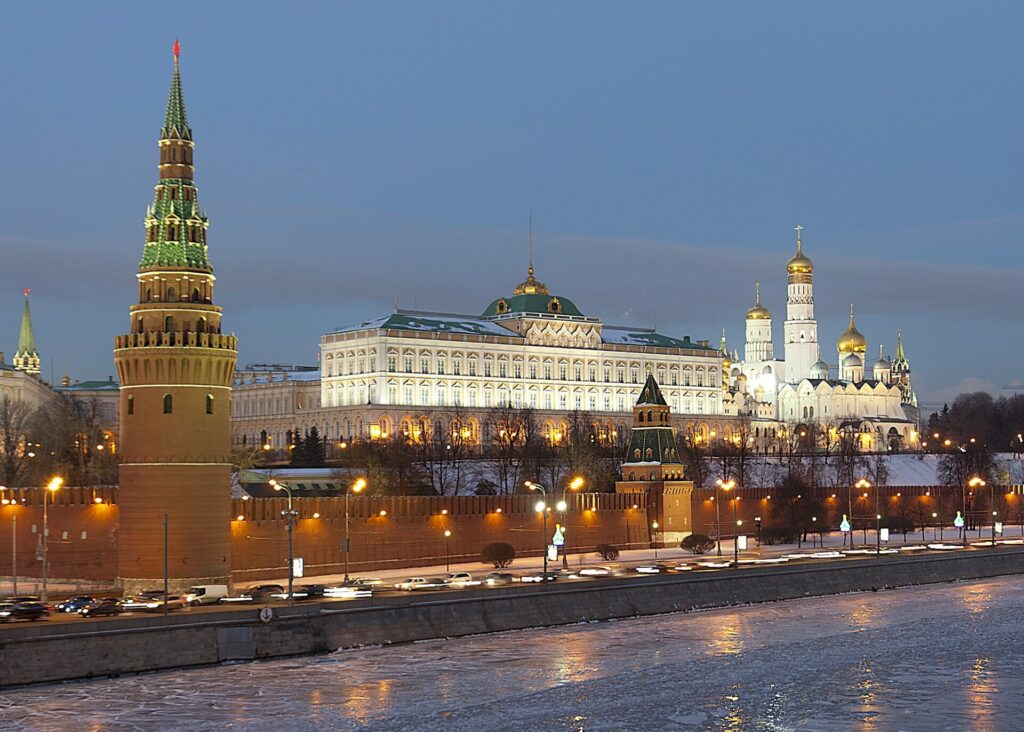Despite international sanctions and commitments to leave the Russian market, only 8.5% of companies from the European Union and G7 countries have left Russia, a study by Swiss management school IMD Institute and the University of Gallen has revealed.
According to data published by the study, more companies based in the United States have withdrawn from the Russian market than those based in the EU or Japan. Less than 18% of American subsidiaries in Russia have sold their assets since the start of the war, researchers Niccolò Pisani and Simon Evenett concluded.
The researchers stated that there had been “a very limited retreat of EU and G7 firms from Russia” which challenges the narrative that there had been a “vast exodus of Western firms leaving the market.”
“In effect, many firms headquartered in these nations have resisted pressures from governments, the media, and NGOs to leave Russian since the invasion of Ukraine,” a press release from St.Gallen University said.
When Moscow started its invasion, there were 1,404 companies based in the EU and G7 nations, as well as 2,405 subsidiaries, which were active in Russia, the study showed. By late November 2022, only 120, or around 8.5% of those companies, had divested at least one of their subsidiaries in Russia.
While there were more US companies leaving the Russian market, this still amounted to fewer than 18% of the total US subsidiaries. 15% of Japanese firms and only 8.3% of EU firms have divested from Russia.
Of those who left their Russian subsidiaries in place, 19.5% were German and 12.4% were US-owned, the study calculated. Departing Western firms only accounted for 6.5% of the total profit (before tax) of EU and G7 firms with active commercial operations in Russia.
This suggests that those who did leave the market tended to have lower profitability and larger workforces than the companies that remained.
Reluctant to leave
The university says that the findings "call into question the willingness of Western firms to decouple from economies their government now deem to be geopolitical rivals."
However, the risk of companies failing to decouple is also significant. A study published by UK-based NGO Moral Ratings Agency concludes that companies that fail to leave the Russian market run the risk of expropriation of their assets, as was the case with Japanese-British Sakhalin-II far-eastern oil and gas project.
Related News
- EU chief Michel wants to use frozen Russian billions to rebuild Ukraine
- Russian asylum seekers turn to Belgium for refuge
- EU considers classifying Russian diamonds as ‘blood diamonds’
Furthermore, companies who decide to remain in the country are legally obligated to actively participate in Russia’s war against Ukraine, notably by delivering summons for military service, aiding in delivering equipment, creating military assembly points, and providing buildings, communications, land, transport, and information to the Russian army.
According to data from Business4Ukraine, multinationals currently employ around 700,00 people in Russia. This includes 251,294 in US, 123,642 in French, and 91,280 in German companies.

